- Details
- Category: Senator Laura Ellman News
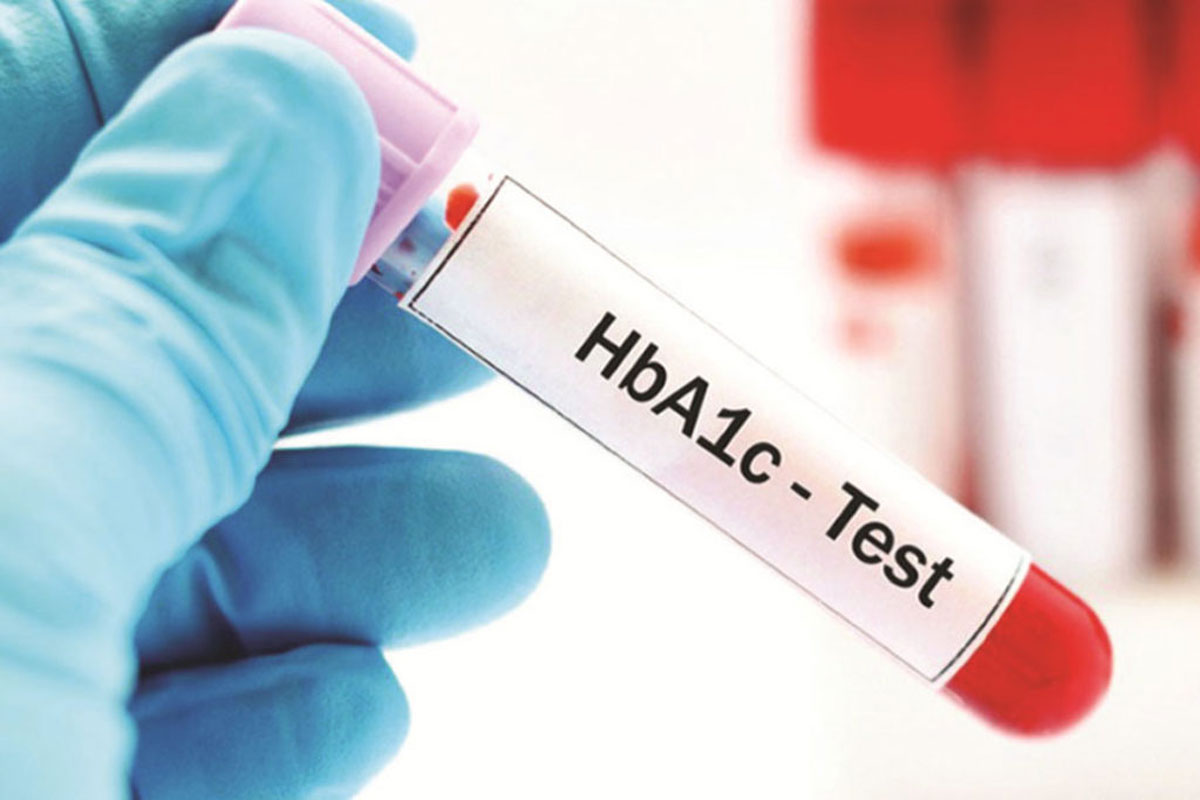 SPRINGFIELD – A measure sponsored by State Senator Laura Ellman (D-Naperville) that would require insurers to cover important tests for people with or at risk of developing diabetes passed committee on Wednesday.
SPRINGFIELD – A measure sponsored by State Senator Laura Ellman (D-Naperville) that would require insurers to cover important tests for people with or at risk of developing diabetes passed committee on Wednesday.
“Diabetes is a serious, sometimes preventable condition,” Ellman said. “You have a right to know if you’re at risk, and your insurance should cover the request.”
According to the United States Centers for Disease Control and Prevention, an identified risk factor for people who have or may have prediabetes and diabetes is vitamin D deficiency and low blood sugar levels. Ellman’s measure would require insurers to cover A1C and Vitamin D tests that are recommended by health care providers for people who may have or have prediabetes, type 1 and type 2 diabetes.
The A1C test, also known as the hemoglobin A1C, is a simple blood test that measures the average blood sugar levels of an individuals over the three months prior to the test being administered. It’s one of the most common tools used to diagnose prediabetes.
“Managing diabetes isn’t simple, and unmanaged diabetes can lead to serious health issues later in life,” Ellman said. “Insulin is expensive. The least we can do is make preventative tests as accessible and affordable as possible.”
According to the National Council for State Legislators, as of 2014, nearly 29.1 million people in the United States have diabetes, and an additional 86 million are considered to have prediabetes.
Senate Bill 1854 passed the Senate Insurance Committee with no opposition and will now head to the Senate floor for further consideration.
- Details
- Category: Senator Jacqueline Y. Collins News
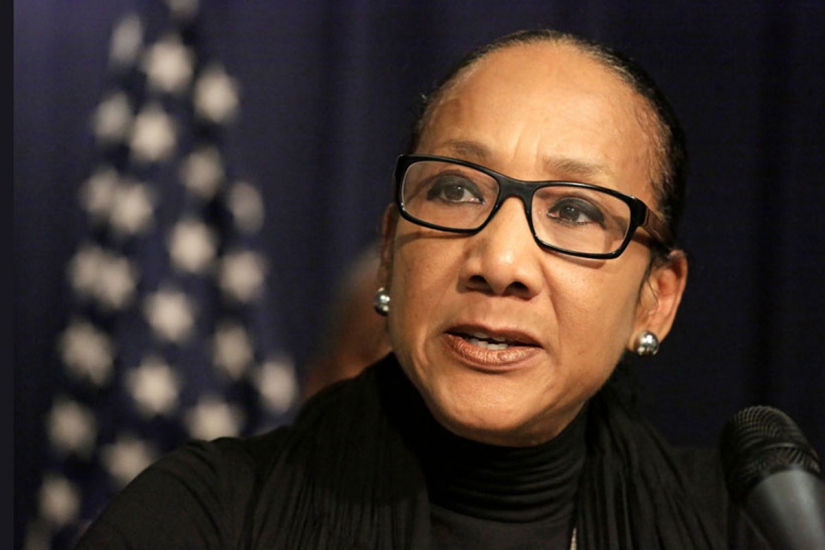
CHICAGO – Felony convictions for prostitution would be expunged under a measure introduced by State Senator Jacqueline Collins (D-Chicago) as part of an effort to reduce the stigma that follows those with felonies on their record even as prostitution is no longer charged as a felony in Illinois.
“By criminalizing prostitution, we have succeeded only in driving those who have become victims of it into the shadows,” Collins said. “We moved to stop charging prostitution as a felony, but that means nothing for those who have felonies on their records.”
Felony charges can be a significant barrier to finding housing or gainful employment, which only adds further injury to sex workers. Felony prostitution charges were ended in Illinois in 2013, but those with such convictions are still subject to all the penalties that come with a felony record.
“To allow felony charges to persist for sex workers is to send the message that they are akin to armed robbers or kidnappers. This, in turn, makes the business even more dangerous and exploitative,” Collins said. “We must begin a new chapter in how we address sex work, starting with expunging these records.”
- Details
- Category: Senator Kimberly A. Lightford News

Freedom Day for Slaves
SPRINGFIELD – Because Black history is American history, Senate Majority Leader Kimberly A. Lightford (D-Maywood) is pushing to create a state holiday for Juneteenth National Freedom Day on June 19.
“On June 19, 1865, the last slaves were freed, which created a milestone for Black Americans that should be celebrated and used to help educate youth today,” Lightford said. “Making Juneteenth a state holiday is a way of highlighting our freedom and reminding us how far we’ve come.”
In 1863, President Abraham Lincoln issued the Emancipation Proclamation, which established that all enslaved people in Confederate states were forever free. In 1865, federal troops arrived in Galveston, Texas on June 19 to take control of the state and ensure that all enslaved people were freed, leading to the name Juneteenth.
- Details
- Category: Senator Mattie Hunter News
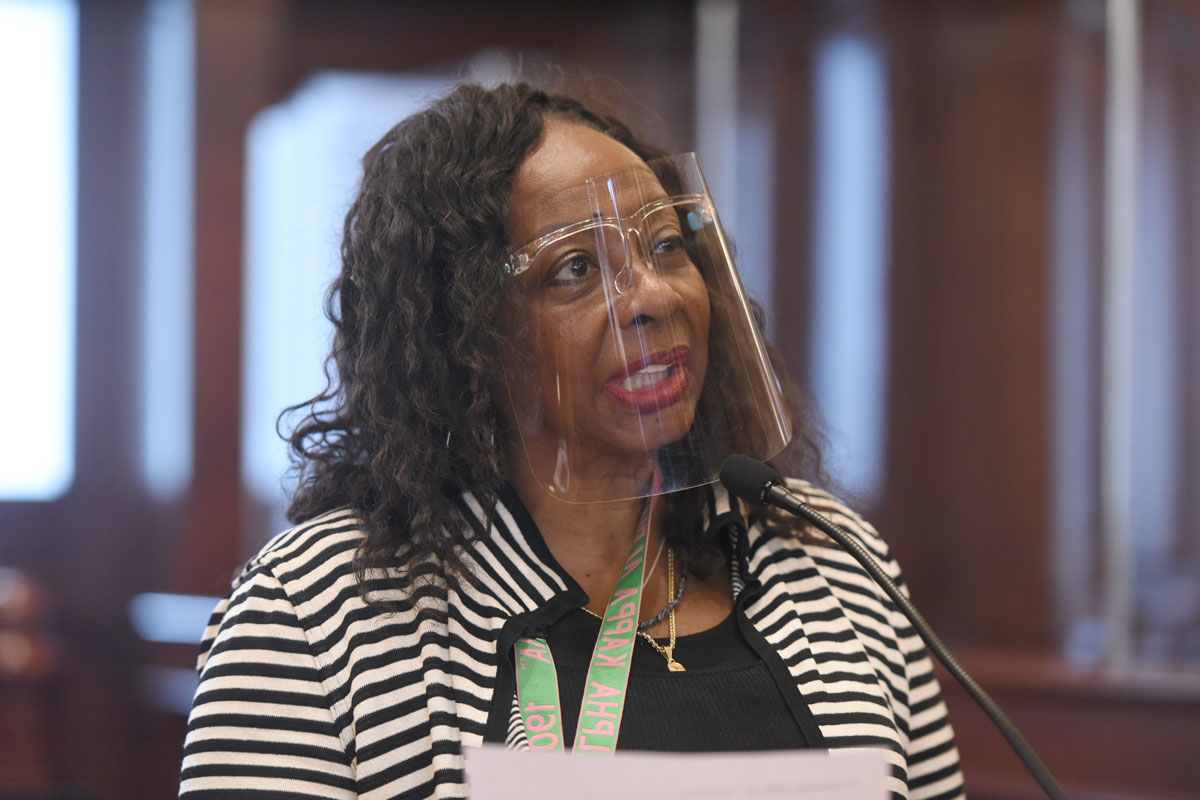 SPRINGFIELD – A transformative plan by State Senator Mattie Hunter (D-Chicago) to end health care disparities in Illinois was advanced out of the Senate Executive Committee Wednesday.
SPRINGFIELD – A transformative plan by State Senator Mattie Hunter (D-Chicago) to end health care disparities in Illinois was advanced out of the Senate Executive Committee Wednesday.
“I am happy to reintroduce the health care pillar this session, and ready for it to progress all the way,” Hunter said. “The pandemic has exacerbated the need for social equity in the health care sector, and the measures in this bill will dramatically alter the structure of our health care system for the better.”
Access to health care, hospital closures, managed care organization reform, community health worker certification, maternal and infant mortality, mental and substance abuse treatment, hospital reform, and medical implicit bias are all areas that would be remedied in the groundbreaking legislation, originally introduced during January’s session.
Read more: Hunter continues the fight to eradicate racism in health care
- Details
- Category: Senator Christopher Belt News
 SPRINGFIELD – A measure introduced by State Senator Christopher Belt (D-Centreville) that would provide additional funding to prevent child abuse in Illinois passed committee Wednesday.
SPRINGFIELD – A measure introduced by State Senator Christopher Belt (D-Centreville) that would provide additional funding to prevent child abuse in Illinois passed committee Wednesday.
“Children are the most vulnerable members of our society,” Belt said. “We must do everything in our power to protect them from abuse and neglect.”
The measure would require the Department of Lottery to offer a special scratch-off game for child abuse prevention. Currently, Illinois has similar scratch-off games for veterans’ related issues, HIV/AIDS prevention and education, the Illinois Special Olympics and more.
“The Illinois lottery brings in millions of dollars each year in revenue,” Belt said. “We need to ensure that some of that money goes toward preventing child abuse in the state of Illinois.”
All of the revenue earned from the game would go to the Child Abuse Prevention Fund, which was created to provide grants to private social service organizations to help eliminate and prevent child abuse and neglect.
Senate Bill 2090 passed the Senate Executive Committee with a vote of 16-0 and will now head to the Senate floor for further consideration.
- Details
- Category: Senator Suzy Glowiak Hilton News
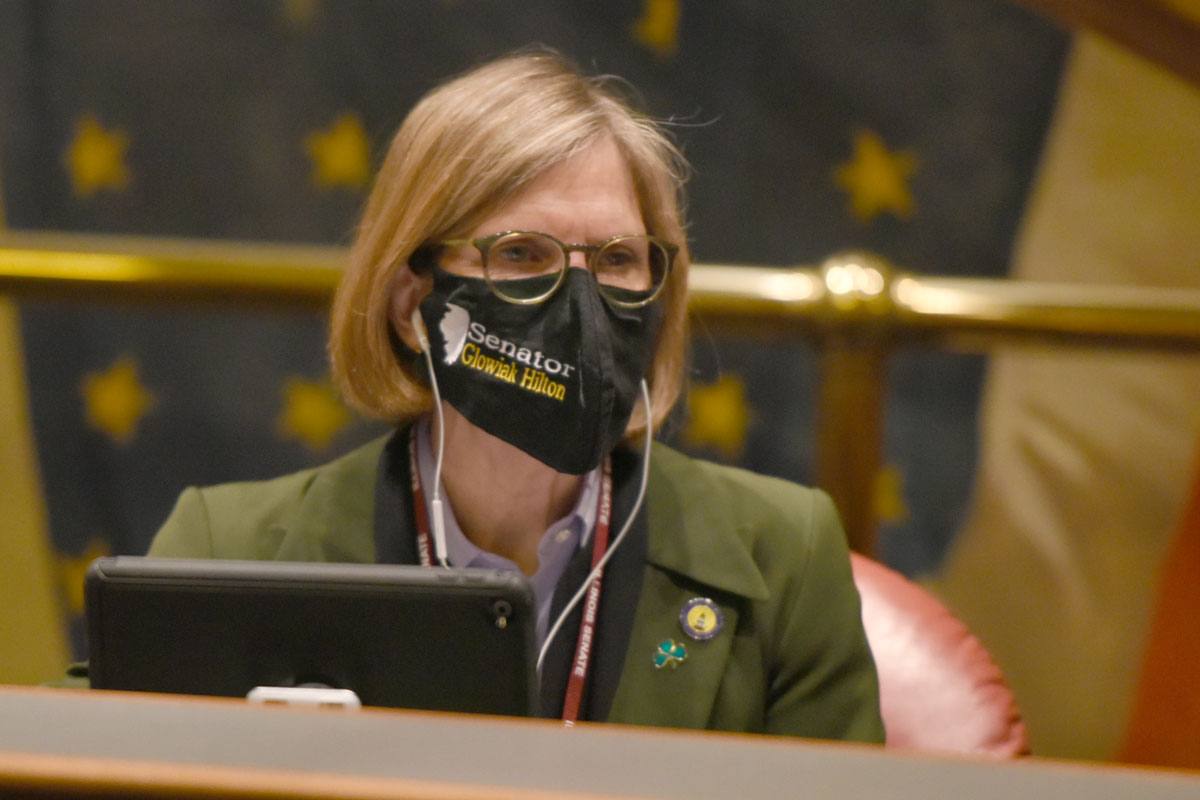 OAKBROOK TERRACE – As the state’s vaccination plan progresses, State Senator Suzy Glowiak Hilton (D-Western Springs) is partnering with the DuPage County Health Department to host a virtual conversation to ensure residents are receiving accurate, up-to-date information about the rollout of the vaccine.
OAKBROOK TERRACE – As the state’s vaccination plan progresses, State Senator Suzy Glowiak Hilton (D-Western Springs) is partnering with the DuPage County Health Department to host a virtual conversation to ensure residents are receiving accurate, up-to-date information about the rollout of the vaccine.
“As we work toward providing a vaccine to all eligible residents, communication between officials and the public is a top priority,” Glowiak Hilton said. “Hearing information straight from experts with the DuPage County Health Department will give residents facts they can rely on as we implement our region’s vaccination plan safely and efficiently.”
The meeting will be held via Zoom on Monday, March 29 starting at 6 p.m.
DuPage County Health Department Executive Director Karen Ayala and DuPage County Board member Julie Renehan will lead the discussion and answer pre-submitted questions from audience members.
Residents can register here to receive a link to join the meeting and submit questions. The meeting will also be streamed live on Glowiak Hilton’s Facebook: www.facebook.com/senatorsuzy.
- Details
- Category: Senator Steve Stadelman News
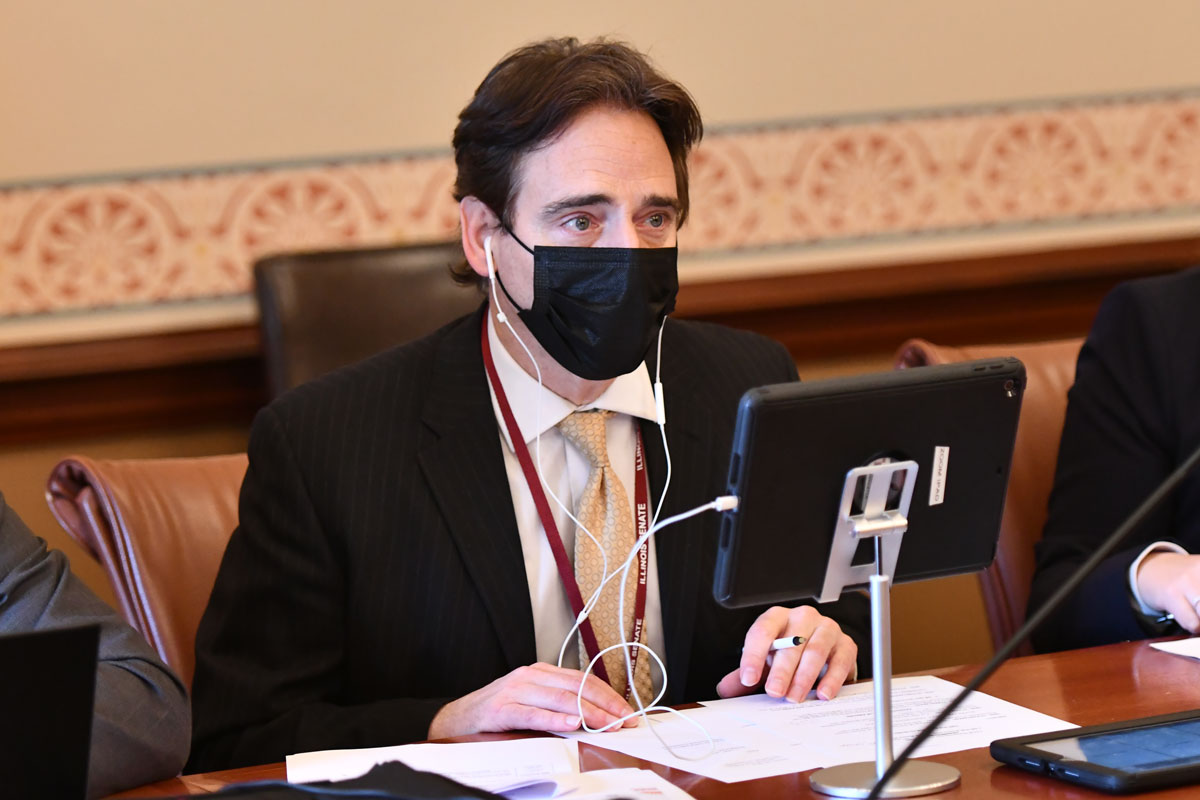 SPRINGFIELD – State Senator Steve Stadelman’s (D-Rockford) legislation to help the state invest in construction projects throughout Illinois passed committee Wednesday.
SPRINGFIELD – State Senator Steve Stadelman’s (D-Rockford) legislation to help the state invest in construction projects throughout Illinois passed committee Wednesday.
The legislation allows the state treasurer to invest up to 5% of the state’s investment portfolio into Illinois infrastructure development companies. This change in the law would allow up to $700 million in financing.
“Investing in construction is also investing in workers,” Stadelman said. “This opportunity will create good-paying jobs across Illinois.”
The legislation encourages more businesses to locate, expand, and remain in Illinois by investing in quality construction development firms with a significant presence within state borders.
“This measure creates new economic development opportunities for the state,” Stadelman said. “The construction industry is a key part of our state’s economy, so it makes sense to allow the treasurer to invest in infrastructure projects.”
Senate Bill 117 passed the Senate State Government Committee with a vote of 9-0 and now goes to the Senate floor for further consideration.
- Details
- Category: Senator Scott Bennett News

SPRINGFIELD – To honor the legacies of indigenous people across the country, State Senator Scott Bennett (D-Champaign) is proposing that the month of November be declared Native American Heritage Month in Illinois.
“Ensuring that the month of November is dedicated to paying tribute to the contributions and influences of Native Americans is the least we can do for a people who laid the foundation for our country,” Bennett said. “I’m thrilled to see this legislation move forward so we can commemorate their culture and tradition.”
Bennett’s proposal would recognize the influences of Native Americans on American history, achievement, culture and innovation during the month of November.
Read more: Bennett proposes measure to make November Native American Heritage Month
More Articles …
Page 536 of 762













 © 2026 Illinois Senate Democratic Caucus
© 2026 Illinois Senate Democratic Caucus